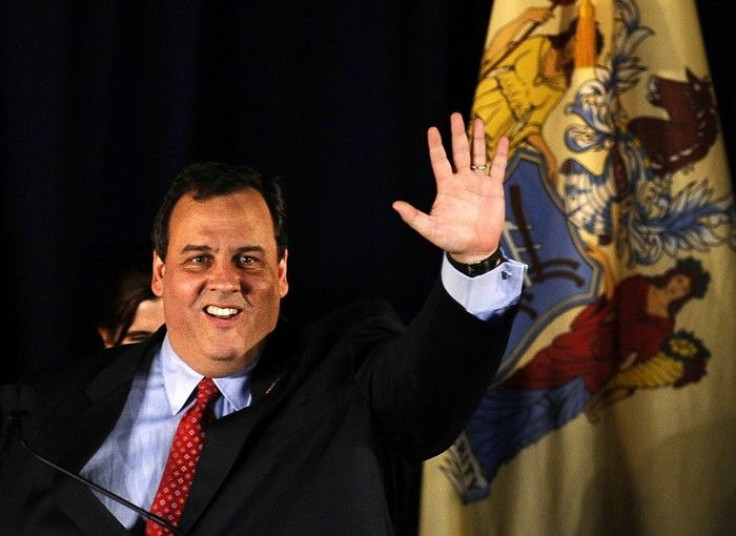New Jersey governor wants reform of teacher ratings

New Jersey Governor Chris Christie on Thursday recommended teachers be rated on the basis of student performance, adding to the debate over job evaluations as states look to layoffs to address budget gaps.
The release of the Christie administration's blueprint for schools, relying heavily on teacher evaluations based on student achievement, comes on the heels of his proposed fiscal 2012 budget seeking increased pension and health-care contributions from state employees.
New Jersey faces a deficit projected at $10.5 billion.
The question of how teachers are evaluated -- helping determine who is in line to be laid off -- has grown acute as states grapple with the costs of unionized public employees.
You walk into a school, and everybody knows who the good teachers are and who the bad teachers are, Christie said at a news conference at the statehouse.
In New York City, Mayor Michael Bloomberg advocates a system of laying off teachers based on performance rather than the more traditional basis of seniority.
Christie, a rising star in the Republican Party, has been at odds with the state's unions, including the teachers' New Jersey Education Association. Union leaders say they are open to higher payments but say Christie has demonized them.
Their charge is to protect the worst teachers, Christie said on Thursday.
As Christie spoke, shouts from a rally outside of police officers and firefighters could be heard, voicing concern over Christie's proposed budget.
Asked by reporters what impact the demonstration had on him, Christie replied: Zero.
Christie said he is not against collective bargaining -- a hot-button issue in other states struggling to close budget gaps -- but he said he preferred state-wide contracts rather that contracts with each of the state's municipalities.
In Wisconsin, which has been leading the charge in the battle over public sector unions, Gov. Scott Walker is proposing to strip them of most collective bargaining powers.
(Additional reporting by Edith Honan; Editing by Ellen Wulfhorst)
© Copyright Thomson Reuters 2024. All rights reserved.











